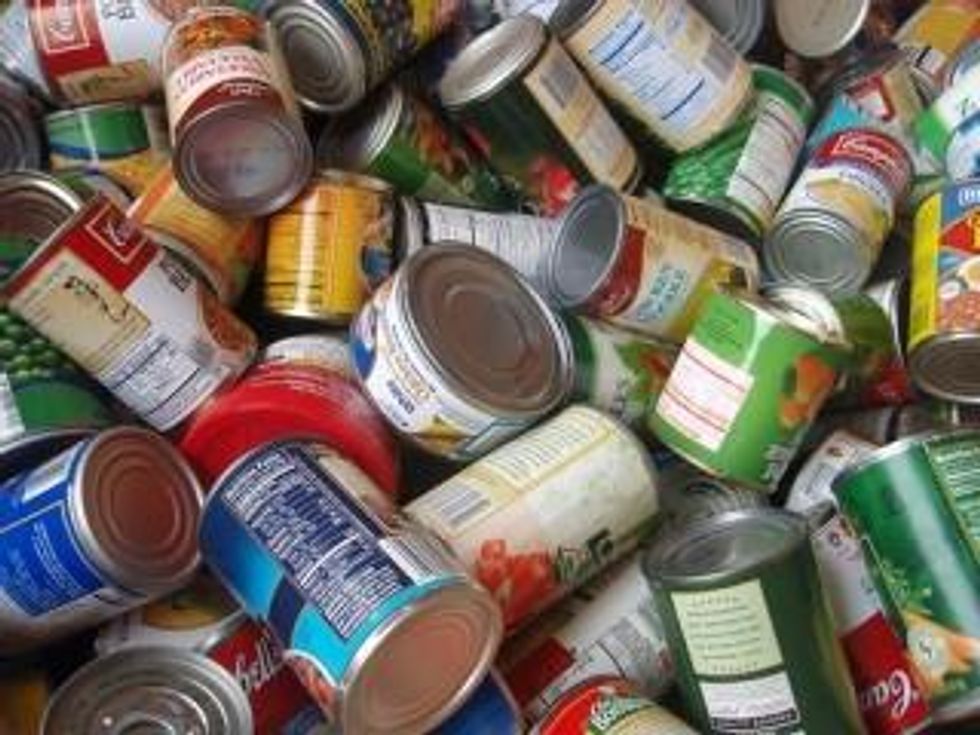Just a few short years ago, BPA--at the time, a chemical relatively unknown to the general public--was used in a plethora of consumer products: from baby bottles, to receipt paper, to food can linings and more. As we've worked to educate the public about the health concerns related to BPA (breast and prostate cancer, diabetes, obesity and reproductive harm, to name a few) the call to phase this harmful chemical out of everyday products has grown to a roar.
We're proud of that success. Thanks to consumer pressure, several state laws have been enacted to ban BPA from baby bottles and sippy cups and many companies have taken action of their own accord. Some canned food manufacturers, like Campbell's, are transitioning away from using BPA in can linings. Unfortunately, phasing out this one problem chemical isn't enough, since the laws that are meant to regulate toxics in the United States are woefully inadequate. This is especially true for the chemicals in our food packaging. Because the FDA's system for evaluating and approving chemicals in food packaging is so out of date, toxic chemicals like formaldehyde and phthalates are perfectly legal to use in food.
The campaign to get BPA out of canned food is not just about BPA (though of course it's a chemical we're very concerned about). While we need to focus on harmful individual chemicals, we also need to start asking more of our manufacturers. We need to ensure that the foods and products all of us come into contact with on a daily basis are truly safe. To reach that goal, companies like Campbell's need be open and honest about their timeline to phase BPA out of cans. They also need to disclose what alternative chemical they will use in its place and the process they used to determine that chemical was safe.
Eden Foods is a great example of a company that has led the way in not only phasing BPA out of food cans, but also in being transparent with consumers about what they use in its place. Their website has in-depth information both about the alternatives they use and why they made the decision to go BPA-free. This is the high bar of honesty that consumers want and expect from the brands they trust.
Soon, we'll be sharing an opportunity for you to get involved with this issue--so please stay tuned! In the meantime, learn more about how to avoid BPA and other toxic chemicals in canned food.
